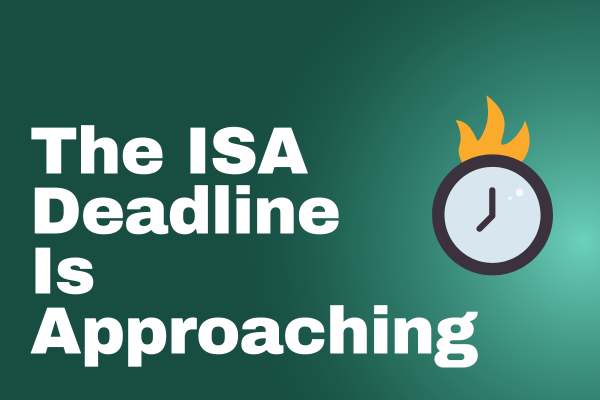
Secure Your ISA Allowance: Low-Risk Fund Picks for the Deadline Rush
The ISA deadline is fast approaching, and many are scrambling to make the most of their tax-efficient savings opportunities. While…
Individual Savings Accounts (ISAs) are tax-efficient savings accounts offered by banks, building societies, and other financial institutions in the United Kingdom. They allow individuals to save money each tax year up to a certain limit (currently £20,000 for the 2023/24 tax year) with the benefit of tax-free interest or investment returns.
There are four main types of ISAs:
Cash ISAs: These are similar to regular savings accounts but offer tax-free interest. They come in two main varieties: easy access (where you can withdraw money freely) and fixed-rate (where you lock your money in for a set period in exchange for a guaranteed interest rate).
Stocks and Shares ISAs: These allow you to invest in stocks, shares, and other assets within the ISA wrapper. Any capital gains or dividends earned are free from tax.
Lifetime ISAs (LISAs): LISAs are designed to help young people save for their first home or retirement. They offer a government bonus on contributions and tax-free withdrawals for these purposes. However, there are penalties for withdrawals for other reasons.
Junior ISAs: Made specifically for families to invest money for their children's future.
Innovative Finance ISAs: These are a relatively new type of ISA that allows you to invest in peer-to-peer lending platforms.
To open an ISA, you must be 16 or over for a Cash ISA (with the exception of Junior ISAs for under-18s) and 18 or over for other types. You are only allowed to contribute to one of each type of ISA per tax year.
The best ISA for you will depend on your individual circumstances and savings goals. Factors to consider include the interest rate (for Cash ISAs), investment options (for Stocks and Shares ISAs), and flexibility (easy access vs fixed-rate). It's important to compare ISAs from different providers before making a decision.
The key benefit of ISAs is the tax-free treatment of interest or returns. This can be a significant advantage, especially for higher-rate taxpayers. However, it's important to note that contributions to ISAs come out of your net income, so you have already paid tax on the money you contribute.
For more details on ISAs, including the latest allowance limits and contribution rules, you can refer to the official UK government website https://www.gov.uk/individual-savings-accounts or financial comparison websites like MoneySavingExpert https://www.moneysavingexpert.com/news/tag/cash-isa/.

The ISA deadline is fast approaching, and many are scrambling to make the most of their tax-efficient savings opportunities. While…
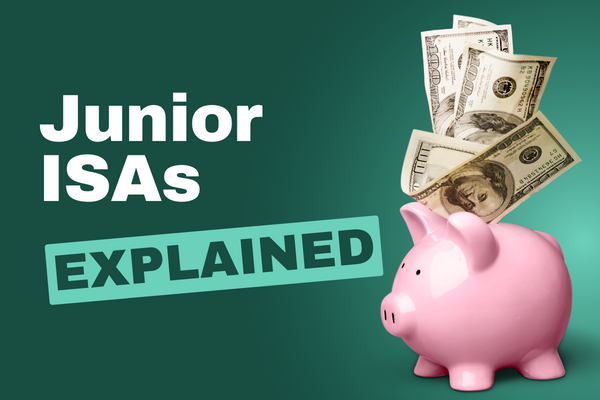
Have you ever wished you could give your child a head start in life? A Junior ISA (Individual Savings Account)…
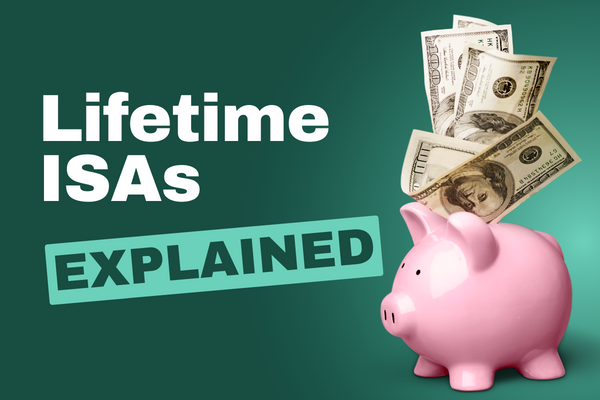
Ever heard of a savings account that gives you a bonus on top of what you save? That's exactly what…
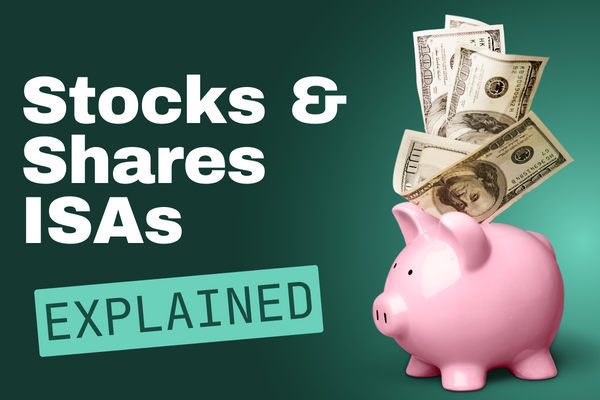
A special account where you can invest your money to potentially make it grow, but there's always a chance that…
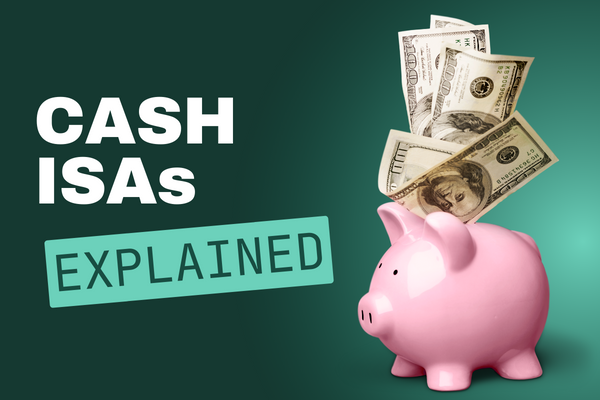
Ever wondered how to make your savings grow a little faster? Cash ISAs (Individual Savings Accounts) are a great way…
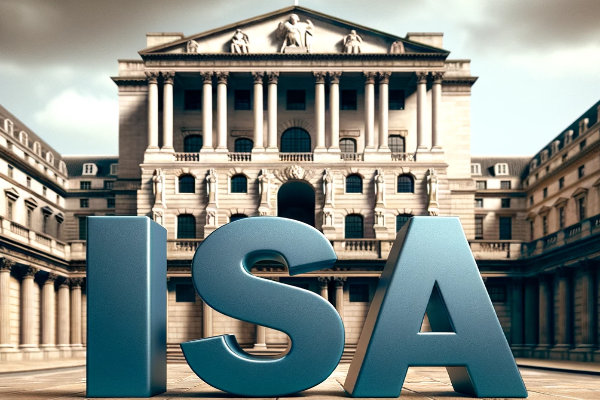
ISAs are a great tool for saving money without paying tax on the interest or returns your investments earn. In…
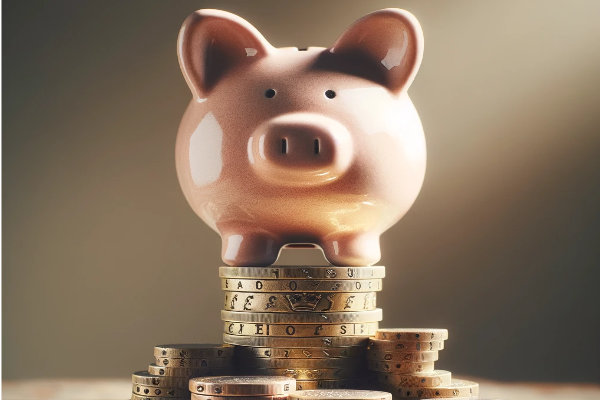
Jeremy Hunt has announced a new plan to introduce a tax-free British Isa (Individual Savings Account) to boost investment in…

Are you looking to grow your money? If so, you might be interested in an ISA, or Individual Savings Account.